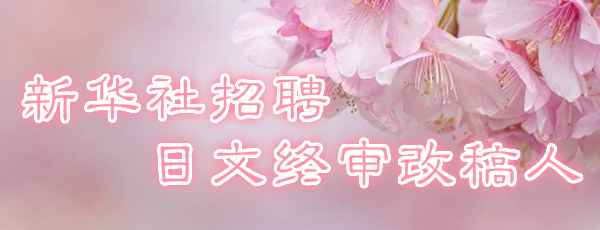你有没有想过,为什么麦当劳和肯德基的标志上都使用了大片红色?热情洋溢的红色让人感到温暖,而且很醒目,但那并不是快餐店标志爱用红色的主要原因。红色究竟隐藏着什么奥妙呢?
McDonald's, Burger King, Jack in the Box... These fast food companies have something in common. Can you spot it?
麦当劳、汉堡王、玩偶匣汉堡店……这些快餐公司有一个共同点,你注意到了吗?
Well, besides all being fast food chains,They're all red. And it's not a coincidence. Color is one of the many tactics companies use to connect with customers. And if swearing off fast food wasn't hard enough, those colorful red logos might make it even harder to ignore.
除了都是快餐连锁店之外,它们的标志都是大红色。这可不是巧合。颜色是企业用来和消费者建立联系的多种策略之一。如果说,戒掉快餐很难,那么想要忽略这些鲜艳的红色标志就更难了。
Fast food companies all use the color red heavily in their logos, why? The answer goes back thousands of years.
快餐公司都喜欢在标志上使用大面积的红色,为什么呢?答案要追溯到几千年前了。
The average human can see ten million colors, but red is special. Turns out, it's one of the first colors our ancient ancestors thought important enough to name. Back before alphabets and writing, early human languages were surprisingly uncolorful. There were words for "black" and "white' and "red" but not much else. In fact, blue didn't show up until thousands of years later in 200 A.D.
普通人能看见1000万种颜色,但红色是很特别的。原来,祖先们命名的第一批重要颜色中就有红色。在字母和书写出现之前,早期人类语言“色彩单调”得让人惊诧。表示颜色的词只有“黑”、“白”和“红”。事实上,直到几千年后,在公元200年才出现了表示“蓝”的词汇。
As a result, we have a deeper connection to red than any other color on the spectrum and we react to it in certain ways that actually play to fast food companies' advantage. For starters, researchers have found that red can evoke a sense of urgency. On top of that, it also has an innate ability to whet our appetites. And when you pair those two together you've got the perfect recipe to attract hungry customers who want food, fast.
因此,相较于其他颜色,人类和红色有着更深层的联系,而我们对红色的反应恰好能够被快餐公司利用。研究人员发现,红色会引起紧迫感。除此之外,红色还会刺激食欲。两者的结合完美吸引了快餐公司的理想客户——饥肠辘辘、希望迅速得到食物的顾客。
So that red logo isn't just a welcoming sign it's a sly seduction for your brain. Now, it's unclear why red makes us feel this way. But perhaps it has something to do with where the word comes from. Many ancient languages, including Hebrew and from tribes of New Guinea, first named red from their word for "blood."
所以,红色标志不只是表示欢迎,而且还在悄悄诱惑着你的大脑。目前,我们尚不清楚为什么红色会引发这类感受,但它也许和词汇来源有关。包括希伯来语和新几内亚部落语言的许多古老语言里,“红”的词源是“血”。
But red's bloody beginning has transformed over millennia. During medieval times, for example, red was worn by royals as a status symbol. And today, brides in many parts of India are married in red dress.
几千年来,红色的含义发生了变化。举例而言:在中世纪时期,贵族穿戴红色,以象征自己的地位;如今,在印度的许多地区,新娘结婚时都身穿红裙。
In fact, red is one of the few colors today that cultures all over the world view positively. And it's no wonder companies dedicate so much thought to their logos. After all, we're a visual species. Despite having five senses, 80% of the information our brains process on a daily basis comes from our eyes.
事实上,红色是现代少数几种被世界上各种文化视为积极的颜色之一,难怪企业标志如此青睐红色,我们毕竟都是视觉动物。尽管人类拥有五种感官,但大脑每日处理的信息有80%都来源于眼睛。
And according to marketing company WebPageFX, nearly 85% of consumers say the main reason they choose one product over the other is color. Another 80% said that colors are what give brands that memorable stamp of recognition.
根据营销公司WebPageFX的调查,近85%的消费者表示他们在两种相似产品中做出选择的主要原因是颜色。还有80%的消费者表示品牌标志最让人印象深刻的是颜色。
Just think what McDonald's would look like in blue, green, or pink! It's just not the same, right?
试想下,如果麦当劳的标志变成蓝色、绿色或粉色,那感觉可就大不一样了,不是么?
翻译&编辑:丹妮

